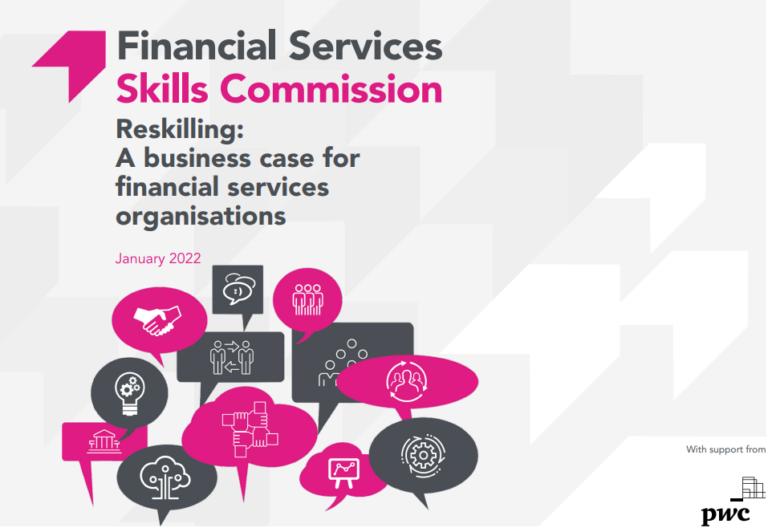Covid-19 has been massively disruptive to businesses, from the way we work together and with our clients, to our purpose and immediate priorities - the pandemic has shifted work as we know it.
Recently we collaborated with KPMG to survey the UK workforce and understand the impact of Covid-19 on workers. We explored how the shift in how we work has prompted a change in what workers want from their jobs.
Our research indicated that Covid-19 has prompted a reflection among Financial Services workers, with almost half (44%) considering a career change as a result of the pandemic. Despite the prospect of a challenging job market, a third of workers said they will be looking for new roles within the year.
Whilst these numbers are high, it is reflective of a desire for a career change across the UK’s workforce, with 46% of workers across all industries considering new roles as a result of the pandemic.
Of the financial services respondents who are looking to change careers 13% said they would not choose the financial services sector again for their next career move – rising to 16% of 18-30 year olds. There were a number of reasons for this, but featuring more highly were the negative perceptions which have persisted in the sector including long hours (15%), long commutes (13%) and heavy regulation (9%).
Karim Haji, Head of Financial Services, KPMG UK, said:
“As we spend more time at home away from our colleagues and offices, it makes sense that many will be questioning their current roles and choices – and what the future might hold. With so many considering a career change, Financial Services must take this time to promote itself positively and wipe the slate clean of negative associations if it is to be genuinely competitive for talent.
“Positively, some of the work on this is already underway. The pandemic has spurred many Financial Services firms to make positive changes and ditch some of their more conservative employee policies in line with other sectors. This will go far in tackling misperceptions of the industry and help it attract more diverse employees, as well as retain current talent.”
The survey showed the sector has retained its reputation for strong remuneration and career progression. Competitive salaries (54%) and good employee benefits, such as insurance and private healthcare (35%), were listed by financial services employees as key drivers for working in the sector. Among under 30s, a third (31%) said that progression opportunities were a key attribute attracting them to the sector.
Claire Tunley, CEO of the Financial Services Skills Commission, said:
“The sector has a skilled and committed workforce who have responded rapidly and effectively to different ways of working. Growing skills gaps still pose a threat to future competitiveness, and there is more to do to increase training and development for existing staff and improve perceptions among potential employees.
“The sector has a real opportunity to learn from the experience of the pandemic to create a strengthened employee offering, building on its existing reputation for good pay and progression. This will be key to securing talent over the coming months and years. If they want their talent to have the skills they need to deliver the best outcomes for businesses, employers will need to match new digital ways of working with increased investment in training.”






